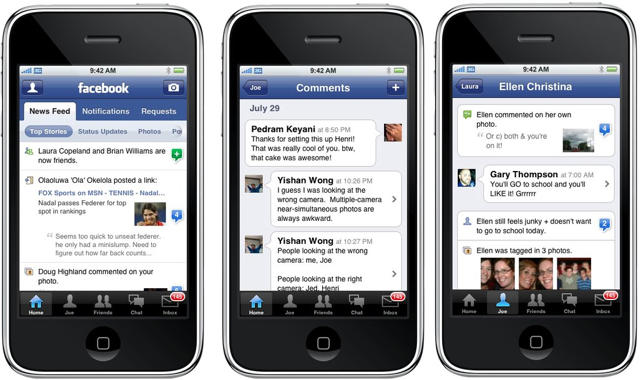An upcoming three-part Apple TV+ documentary series entitled Hollywood Con Queen explores the story of an international con artist impersonating some of Hollywood’s most powerful women. The streaming service provided a “first look” image, above, plus details about the miniseries Monday.
Emmy Award-winning filmmaker Chris Smith created the three-part series. It’s based on investigative journalism by Scott Johnson in The Hollywood Reporter. You can watch Hollywood Con Queen on Apple TV+ starting May 8.

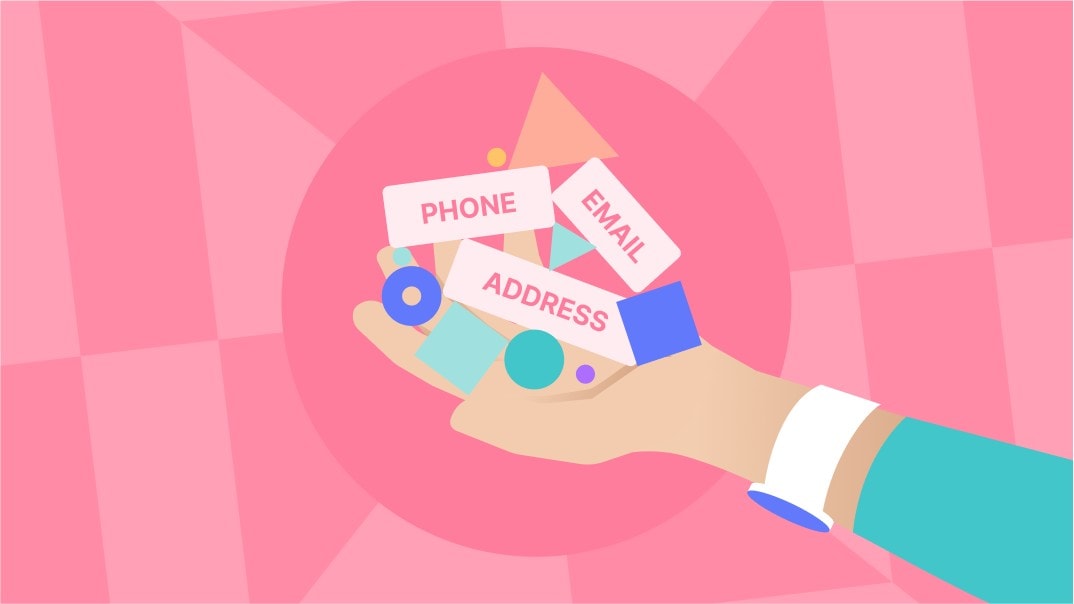


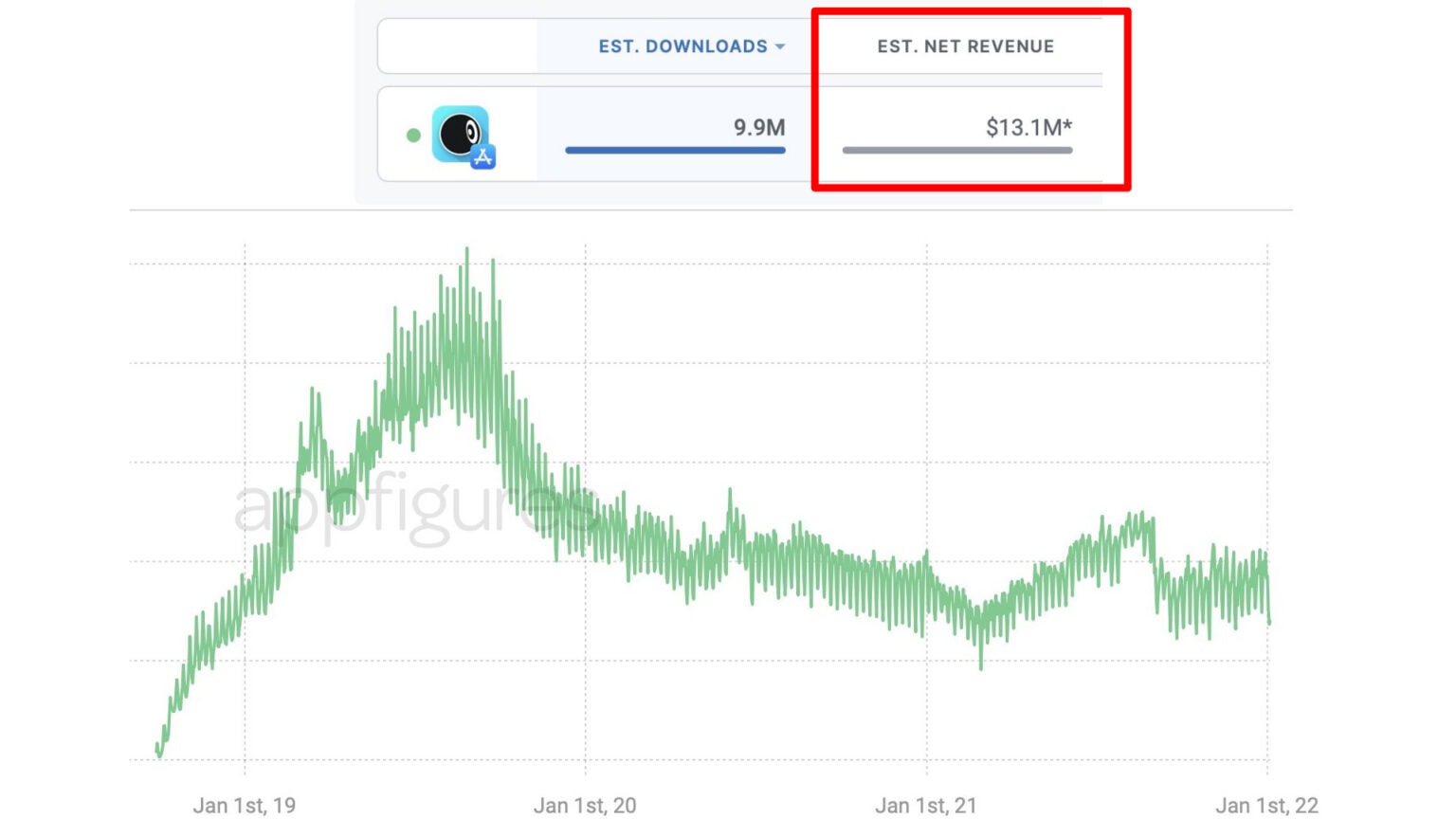


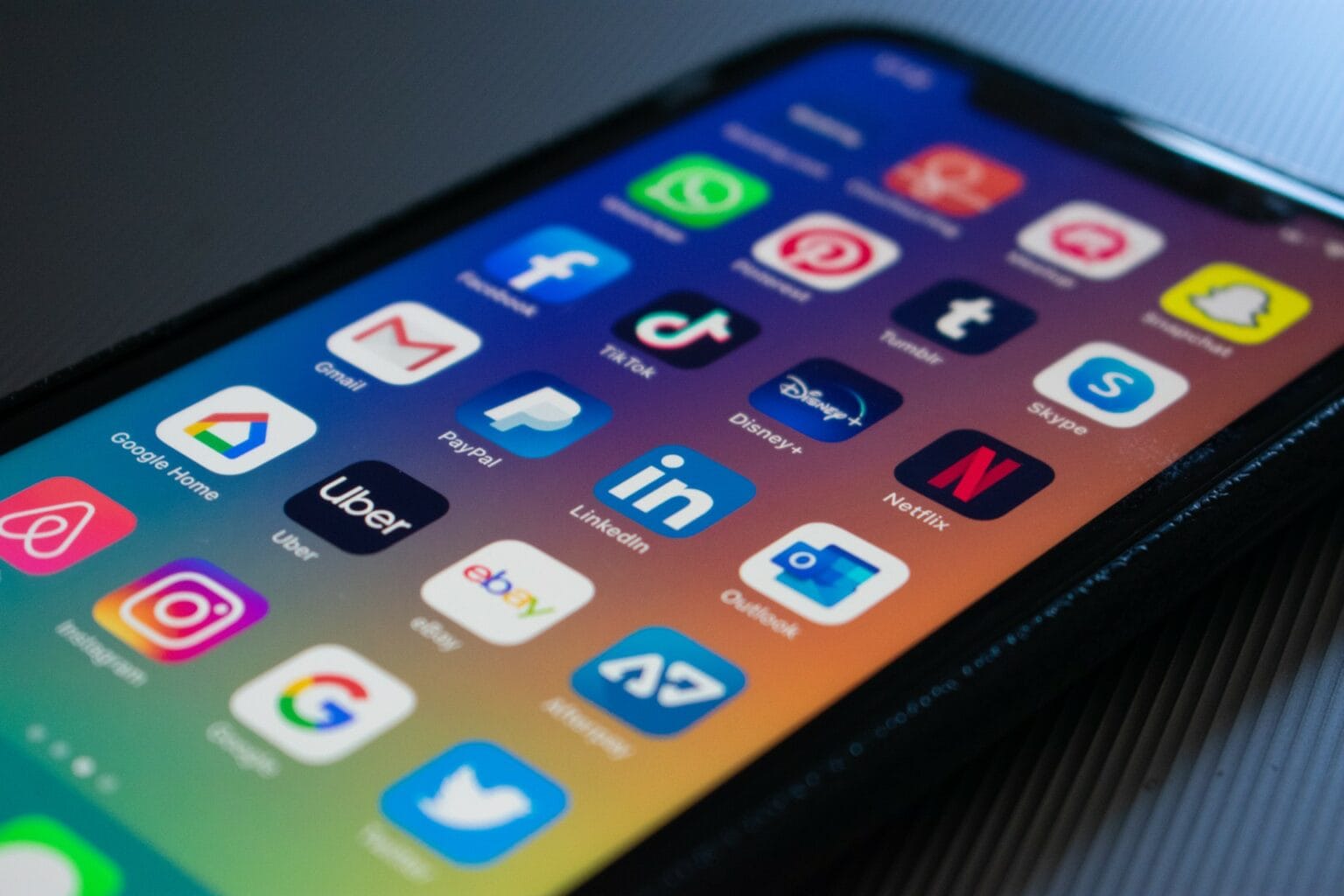


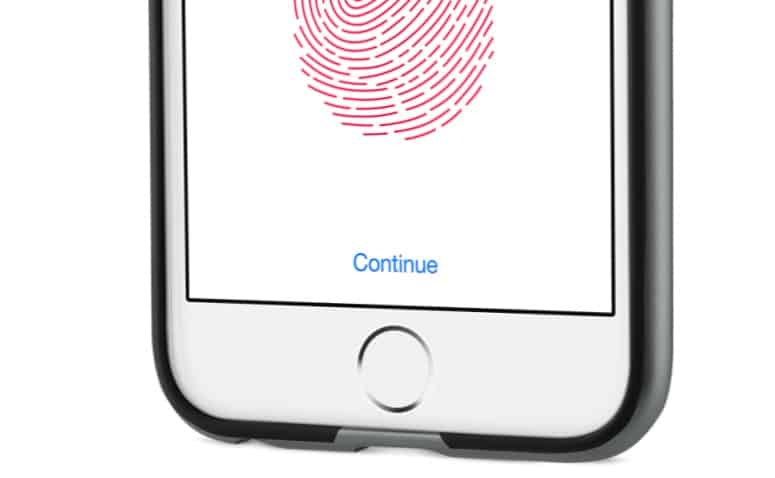
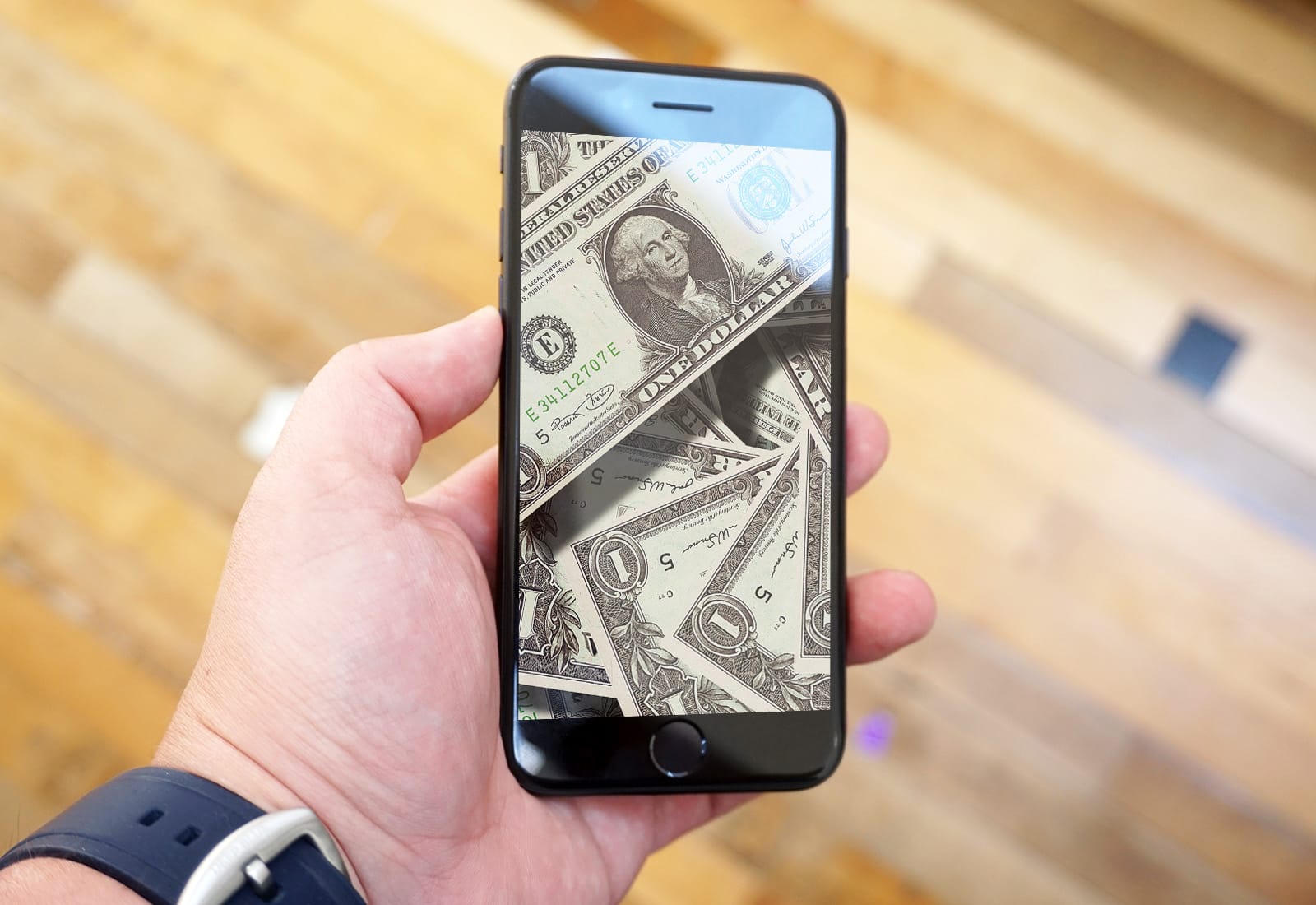



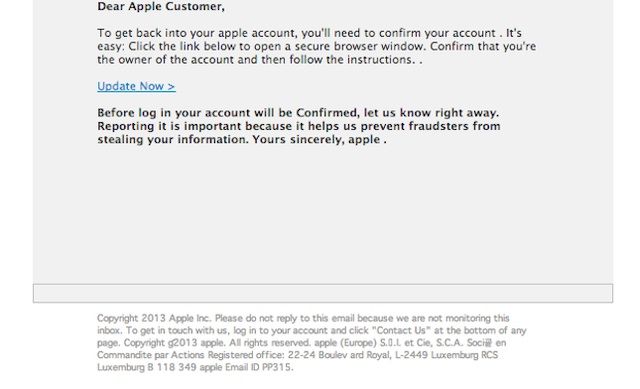


![Don’t Trust Emails From Apple About The iPhone 5 [Scams] iphone5phishing](https://www.cultofmac.com/wp-content/uploads/2011/05/iphone5phishing-e1306159389455.jpg)
![Don’t Trust Facebook To Show You The ‘iPhone 5 Exposed!’ [Scams] iPhone-5-Scam-spreading-on-Facebook](https://www.cultofmac.com/wp-content/uploads/2011/05/iPhone-5-Scam-spreading-on-Facebook.jpeg)
